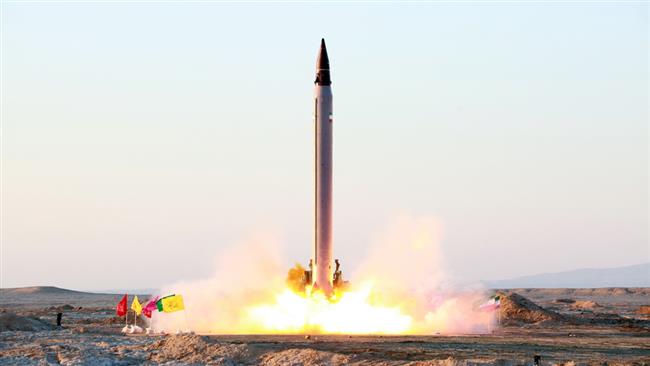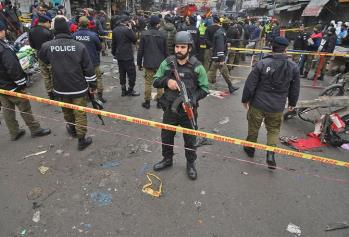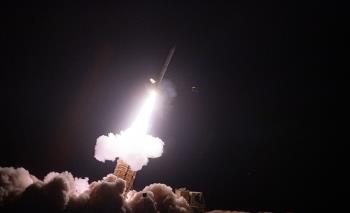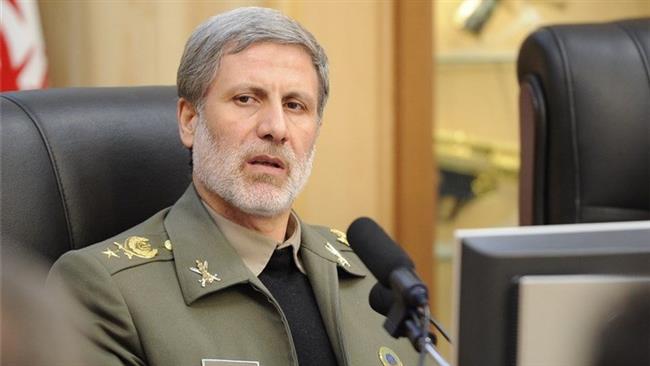Alwaght- Iran’s new Defense Minister Brigadier General Amir Hatami says the country’s missile program will continue unabated.
“[Iran’s] missile program will proceed according to the approved plans,” Hatami told reporters on Sunday following the first cabinet session of the newly-formed Iranian government.
In response to a question about pressure by some foreign powers on Iran to stop its missile program, he added that such activities “would not be affected by any type of pressure.”
The Iranian defense minister vowed to continue activities related to the country’s defense industry “with utmost power” and emphasized that the Islamic Republic “will not allow any suspension in the work of the Defense Ministry even for one day.”
All but one of President Hassan Rouhani's proposed ministers, the nominee for the ministry of energy, won the Iranian parliament's vote of confidence on Sunday. The president has not presented his nominee for the post of the minister of science, research and technology.
The new minister of defense received the highest number of votes, with 261 lawmakers supporting him. Only 10 MPs voted against him while 13 others abstained.
Briefing a group of lawmakers on his future plans on Saturday, Hatami said that the current situation was special as the enemies had imposed sanctions on Iran’s military in a bid to weaken it, pledging to continue boosting the country’s missile program.
“The enemy is stationed in the region, brings weapons to the region and tries to damage the country’s defensive might, but we have set objectives in our plan to counter the move,” he added.
The Iranian general also hailed achievements made in both missile and defense industry sectors and stressed that this trend should continue.
 Emad is Iran's first long-range missile with guidance and control systems
Emad is Iran's first long-range missile with guidance and control systems Iran has reiterated that its missile program is defensive in nature and not in violation of United Nations Security Council (UNSC) Resolution 2231.
Resolution 2231 was adopted by the UNSC in July 2015 to endorse a nuclear agreement between Iran and six other countries, the so-called P5+1.
The UNSC document merely calls on Iran “to refrain from any activity related to ballistic missiles designed to be capable of delivering nuclear weapons.”
Iran says it has no such warheads and no such missiles. It has put its nuclear program under enhanced international monitoring as part of the nuclear deal. And Iranian compliance with the deal has been consistently verified by the International Atomic Energy Agency (IAEA). However, the United States, a party to the agreement, has attempted to portray Iranian missile tests as a violation of the resolution.



























